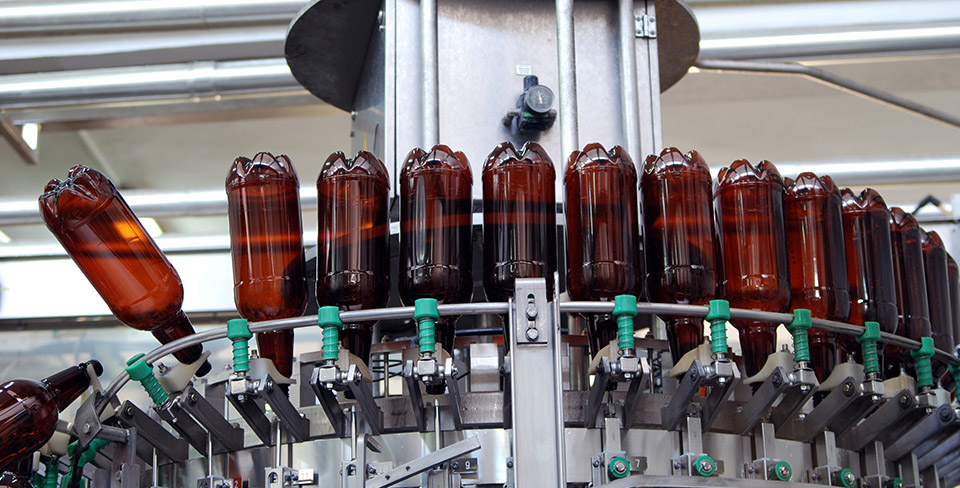One way to begin taking steps to get a food manufacturing operation started with a sustainability program is through the track lubricants that are used. With water in short supply in areas of the world, coupled with the vast amount of water that is used in food processing operations, surely there is an opportunity to use water conservation as a possible first step in a sustainability program.
All food processing operations have some type of conveyor system to move product throughout the plant. The conveyors need to be maintained and serviced effectively to ensure that they are working properly for production. In order to run properly, conveyors need to be lubed so lube nozzles are placed strategically around the line and lubricant is sprayed out at timed intervals. Conveyors that are not lubed properly will experience quality and safety issues, and premature aging of the conveyor system, among other things.
There are a variety of lube choices in the market. Most, however, are considered wet lubes. Wet lubes require large amounts of water to be sprayed on with the lubricant. There also has to be enough lubricant used on the line to ensure the line has minimal friction. Friction on the line can cause a variety of problems. To reduce the friction, often times, more lube and water are used. Now picture a production plant with pools of water under conveyor lines from nozzles spraying continuous lubricant and water to keep them running properly. A substantial amount of water is used every day and excessive water use is expensive and can provide safety issues.
What if a dry lubricant could do that exact job better? The dry lubricant sprays through the nozzles on the line, the same as the wet lubricant, but requires no water use and sprays less frequency. That is less chemical use with no water necessary. Without water making puddles in the plant, safety is improved. A dry lubricant also provides the benefit of less friction. Less friction means less toppled product, less people to service the line, and better quality. Imagine what these improvements alone mean to profitability.
I am betting that 100% water savings, improved safety, less chemical use, and improved quality will provide more than a small step to begin reaping the people, planet and profit benefits of a sustainability program.

